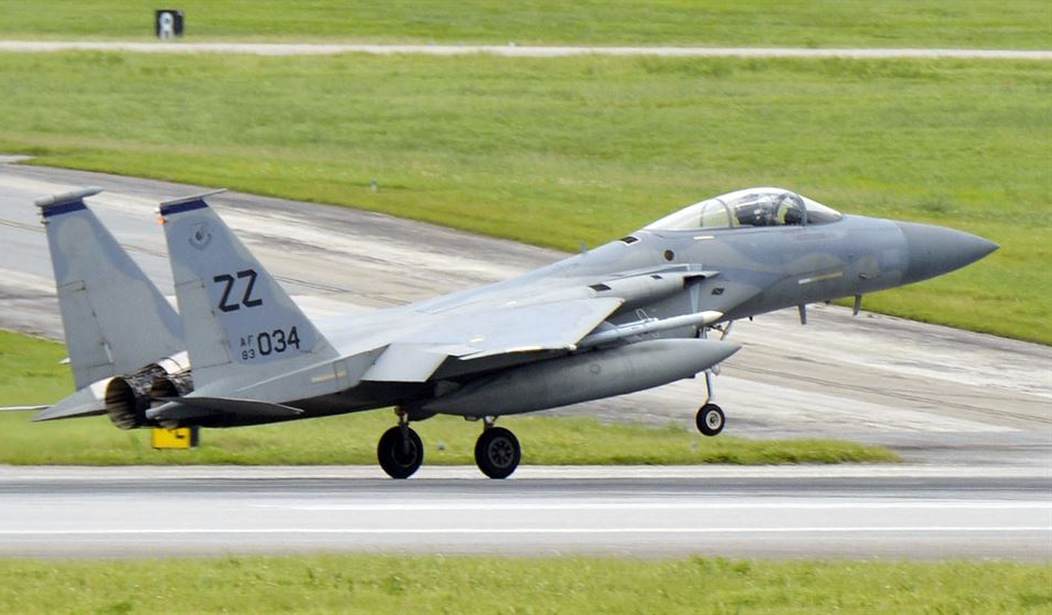In the wake of military hostilities between the United States and Iran, many are speculating as to where the current situation could lead.
When Iran-backed militants launched an attack that killed three U.S. service members in Jordan, it represented a significant escalation that prompted a response from Washington in the form of airstrikes targeting 85 facilities that belonged to the militants.
Now, all eyes are on the future as the Biden administration grapples with how it will respond to the possibility of continued aggression coming from the Iranian regime. The airstrikes were seen by many as little more than political theater, given that the White House telegraphed the targets the military would strike. Still, the situation remains fraught with peril and the threat of pulling the U.S. into a broader conflict.
[Former General Wesley] Clark also predicted that the Iranians will continue their attacks on U.S. military forces in the region.
“[T]he Iranians are going to come back and do something. My guess is, it will take a few days, several weeks before they can reconstitute these forces. And then, depending on what happens in Gaza, they’ll be back. So, we didn’t really deter Iran’s hostility to the United States. We took a middle-of-the-road approach to this, we showed U.S. power. But you can be sure that, on the terrorist websites and in their communications, they’re sort of laughing, yeah, they gave us a lot of warning and yeah, we got all the people out and some of the bombs missed and blah, blah, blah, because that’s the kind of the bravado that you expect from some of these people. What we’re going to do is being — is collect hard intelligence, and see if we have to go back in and re-strike.”
The current standoff brings to mind a question that has been asked many times over the past two decades: What valid reasons justify the continued deployment of U.S. troops in the Middle East and elsewhere?
In response to Iran’s attack, people have raised questions about whether U.S. troops should have been in the region in the first place. The heart of the matter centers not only on the needless endangerment of American soldiers but also on reassessing America’s strategic interests in the Middle East.
For starters, it is a given that American soldiers should not be placed in danger unless there are compelling reasons to do so. The supposed rationale for keeping troops in the region is to fight terrorism, protect U.S. interests, and maintain stability. However, it does not appear that having a military presence in countries like Jordan, Syria, Iraq, and others are accomplishing this objective.
So why are we still there?
Withdrawing troops from the Middle East could pose some challenges, especially just after Iran killed three of our service members. If America were to begin removing troops now, it could send the signal that the U.S. is easily cowed into giving up. There is a possibility that it could embolden terrorist elements and America’s enemies, who might believe that the U.S. no longer has the will to defend its interests and people. The fact that Washington’s response to Iran’s attack was so lackluster might go further towards bolstering this narrative.
Moreover, keeping a military presence in the region could actually be exacerbating the threat of terrorism. Operations in the area have possibly fueled even more grievances and acts of violence that lead to further terrorist attacks. In fact, withdrawing from these areas might actually reduce anti-American sentiment in some parts of the world over time.
As it stands today, the U.S. will likely carry out more strikes on Iran-backed militia groups, hoping that it will deter them from future attacks. However, the Biden administration, or whatever replaces it after the upcoming election, will have some serious decisions to make regarding American foreign policy.












